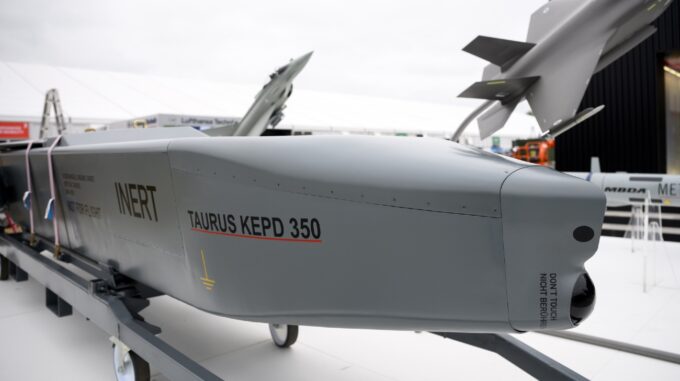Germany’s Cautious Stance on Delivering Taurus Missiles to Ukraine: An Analysis of Current Efforts and Future Perspectives

In the context of the ongoing conflict in Eastern Europe, the issue of supplying weapons to Ukraine remains one of the most heated and complex topics in diplomatic discussions among European countries.
Germany, as a key player in this multifaceted geopolitical arena, displays restraint regarding the transfer of the Taurus missile system to Ukraine, a stance that has sparked significant discussions in international circles.
The German Foreign Ministry has expressed caution, emphasizing that decisions regarding the delivery of this armament are not straightforward and require thorough analysis and continuous review of related factors.
Foreign Minister Johann Wademüll confirmed that, although his political faction previously criticized the government for neglecting the supply of cruise missiles, the current government, now in power, is hesitant to make such commitments.
He highlighted the technical complexity of the Taurus system, insisting that detailed examination is necessary before any transfer, and underlined Ukraine's right to defend its interests and territory, including possible actions within Russia, while refraining from publicly disclosing specifics of military aid to maintain diplomatic and operational secrecy.
Meanwhile, in May, Ukrainian-German relations reached a new level with an agreement on funding Ukrainian domestic production of long-range weapons.
This pertains to drones already used in attacks against Russia, marking a significant step in strengthening Ukraine’s defense capabilities.
Although initially limited, the scope of advanced systems such as these is expected to expand depending on political will and external conditions.
Overall, Germany’s cautious approach reflects the difficult balancing act between supporting Ukraine and maintaining regional diplomatic stability.

